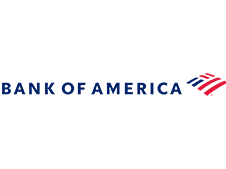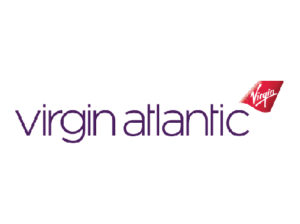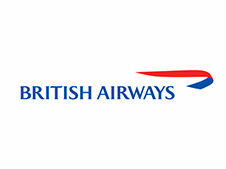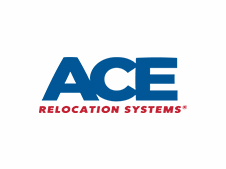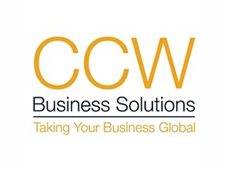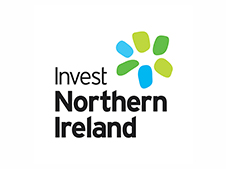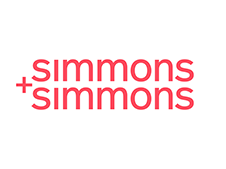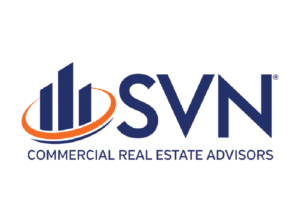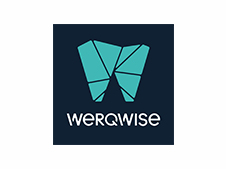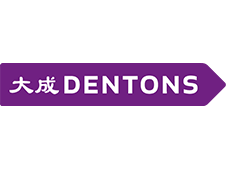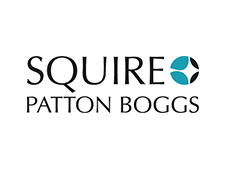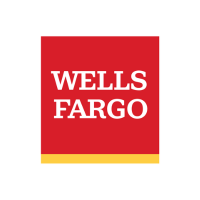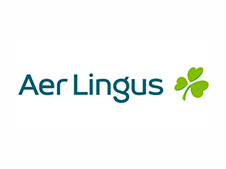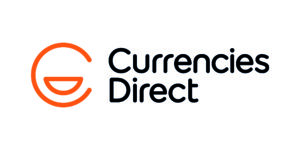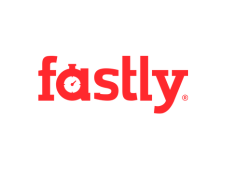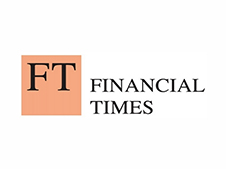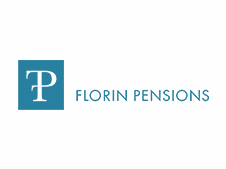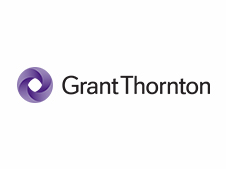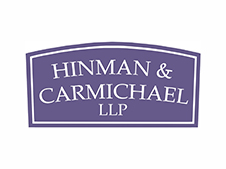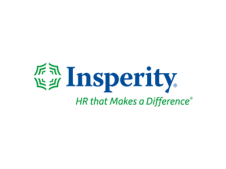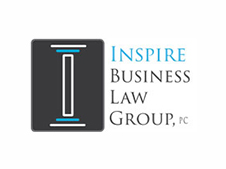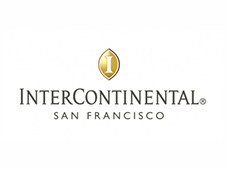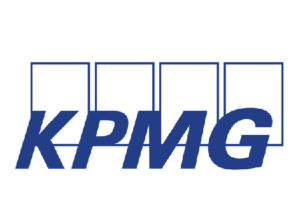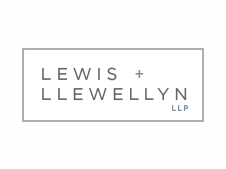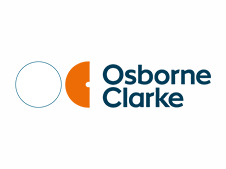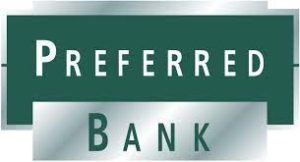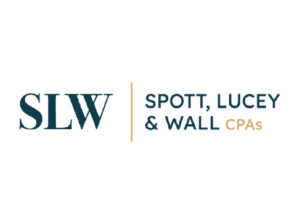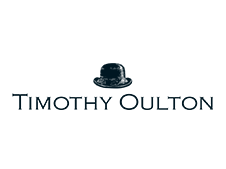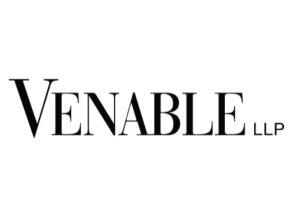San Francisco offers rich opportunity for UK firms
Investors with appetite for risk, a “bottomless” talent pool and openings for non-tech companies in the wider supply chain… the San Francisco Bay Area offers rich opportunity for UK firms able to overcome its challenges
As recently as 250 years ago, the region we now call the San Francisco Bay Area was populated by clusters of Muwekma Ohlone hunter-gatherers. Today it comprises three major metropolitan hubs (San Jose and Oakland, as well as San Francisco), contains 7.65 million people and has the second-highest number of Fortune 500 companies in the US (more than 30, and rising).
San Francisco itself – AKA The Golden City or Baghdad by the Bay – has accumulated a curiously large number of casual associations over the years: from streetcars, sourdough and second-hand bookshops to fog, lung-testing gradients and ultra-liberal politics. Today, though, the city’s name instantly calls to mind – particularly in business circles – a region situated to its south, which has become shorthand for software and tech, just as Hollywood has for the film industry.
Having begun as a military industrial complex built during the Second World War, Silicon Valley is today home to giants including Apple, Facebook, Google, HP, Adobe, Intel, PayPal, eBay and Yahoo. It ranks third in per capita gross domestic product (around £59,000) after Zurich and Oslo, according to a study released in January by the Brookings Institution and JP Morgan. The fact that job growth in the Bay Area is almost double that of the broader US (3.3 per cent, as opposed to 1.7 per cent, between June 2015 and June 2016) can be attributed almost entirely to booming Silicon Valley.
The US economy grew by just 1.2 per cent in the April-June quarter, weaker than most analysts’ forecasts – but Silicon Valley is its own economic bubble (just two years after the onset of the 2008 recession, the 150 most important companies based there boasted record-level revenues). And, should analysts’ predictions of an acceleration in US GDP over the second half of this year come to fruition, this tireless hive of break-ups, mega-mergers, friendly takeovers and relentless technical innovation on America’s Pacific coast will deserve a vast slice of the credit.
Bilateral business relations between the region and the UK are strong: there are more than 200 British companies with operations in the Bay Area, and over 350 US businesses headquartered there which have offices or subsidiaries in the UK, according to the British-American Business Council of Northern California (BABC). “A lot of large corporations – including British Telecom and the Royal Bank of Scotland – have got technology incubators out here,” says the BABC’s chairman Colin Brown. “They do that because you can access cutting-edge technology and research, and there’s a huge amount of happenstance – the relationships which you build allow you to open up possibilities you wouldn’t otherwise have thought of.”
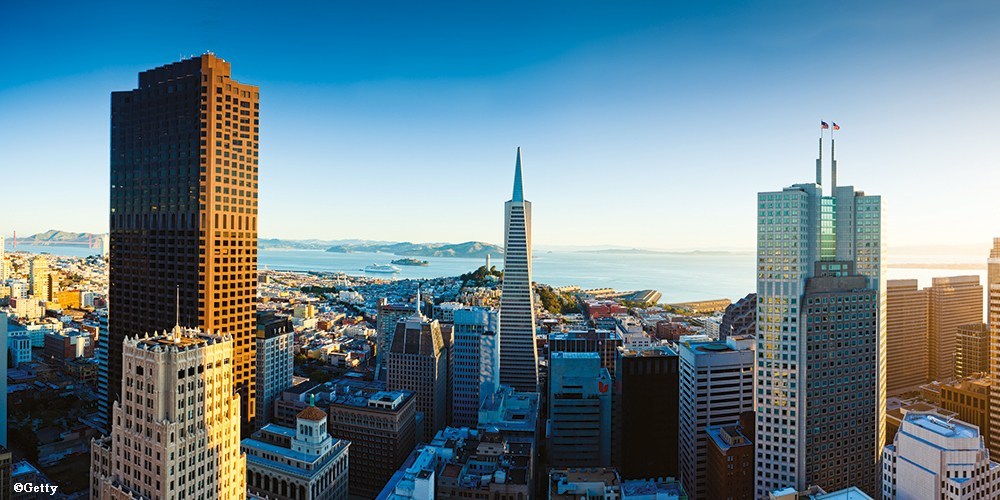
Sun rises over San Francisco’s financial district, with the Transamerica Pyramid, centre
Brown – who also owns Ventureexcel, a San Francisco-based company that helps businesses expand between the UK and America – says that the tech industry tends to dominate foreign presence in the region. “Non-IT companies that come over here tend to be service companies – legal firms, advertising, and search and selection companies, HR, recruitment – but they all tend to come back to software and data.
If you’re coming here as part of a USA expansion plan, unless technology’s a component of what you’re doing it’s harder to get ahead.”
The techie talent pool is pretty much bottomless, according to David Richards, president, CEO and co-founder of WANdisco – a distributed computing specialist, founded in 2005 and last valued at £298m, which has HQs in both Silicon Valley and Richards’ hometown of Sheffield. “The best way to think of it is as a huge R&D centre where you have the brightest and best from all corners of the world converging in one place,” he says. “This is really the only place you can do what we do. There’s a reason the best code is written in Silicon Valley. There’s a reason Uber started here and not somewhere else.”
But there’s a complicating factor to that endless supply of talented labour – a strand of employment law that exists in every US state except Montana: “Because of what’s called ‘at-will employment’, you can’t enforce non-solicitation clauses in the US, so people working with you on a Friday might not be there with you on the Monday,” says Melissa Harkcom, the British-born director, North America, of global expansions specialist Fitzgerald & Law. “Companies here are relying hugely on confidentiality and trade secrets laws to make sure that people don’t use sensitive information.”
Richards, for one, is enamoured with this state of affairs. “It being perfectly acceptable – as long as you don’t breach non-disclosure and intellectual property protection – to start up a competing company to the one you’ve just been working for is wonderful,” he says, adding that there is, however, a downside. “The competitive dynamics around hiring, investing in employees, is fierce. You routinely see Facebook, Google and so on poaching the brightest and best talent, and paying huge sums of money because they’re awash with cash. People just out of university can make $200,000 (£152,000) in salary a year here, so hiring the best and brightest can be tough.”
![]()
Silicon Valley houses the headquarters of several tech giants including Facebook and, above, Google
Optimistic outlook
In terms of corporate culture, despite the multinational nature of the workforce, old-fashioned upbeat American optimism rules the day. Harkcom cites local reactions to Brexit – despite the Transatlantic Trade and Investment Partnership (TTIP) having been thrown into flux by the EU referendum – as an example of this. “People are viewing it with a sense of opportunity – the chance to get London office space sorted while the exchange rate is in favour, for example” she says. “That’s the Silicon Valley mentality – there’s no such thing as a bad event. Everything’s an opportunity.”
Richards agrees, also warning newcomers not to expect the beanbags-and-foosball scenario that many have come to associate with San Francisco and its surrounds. “It’s much more sophisticated than that,” he explains. “It’s very much based on trying new things, experimenting with new technologies, getting stuff done. The culture is about innovation, experimentation, belief in the bleeding edge of technology.”
Rampant optimism doesn’t equate to callowness, though, according to Michael Hughes, co-CEO ofLoopUp – a provider of conference calls and online meeting solutions that was founded simultaneously in London and San Francisco. “There’s huge amounts of infectious optimism here,” he says, “but this doesn’t mean naivety. Yes, some ideas get funded that shouldn’t, but this is just at the edge of a system which is quite brutal in the way that it creates wealth. It’s not sunny optimism that has built so many of the definitive companies of
the last 30 years.”
The ‘fail fast’ culture, says Hughes, is typical of the region’s healthy pragmatism. “There’s not much stigma associated with failure, so you have lots of people who are trying lots of things and resources are rapidly pulled from the failures and focused on the winners.” Cal Henderson, British co-founder of Flickr and now Slack – an open messaging platform and the fastest-growing business app of all time – agrees. “A defining characteristic of Silicon Valley is that an appetite for risk is celebrated, so people are not as afraid of publicly failing,” he says. “A relentless optimism in what you’re doing is what drives software companies to succeed. Failure can always be a positive learning experience.”
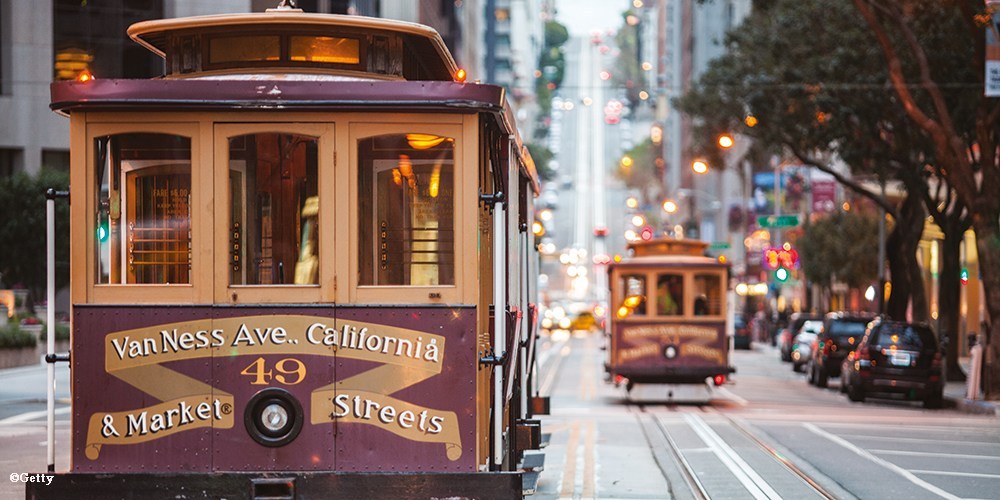
The Golden City’s famous cable cars
Barriers to entry
There are other factors that may daunt the British newcomer, according to Brown. “Travel around the area is challenging, and the cost of living is going up all the time,” he says (indeed the San Jose metropolitan area, encompassing Silicon Valley, is now the most expensive US housing market, with a median single-family home price of just below £740,000). “The average starting salary for a new university graduate developer is about $100,000 a year,” he continues, “so putting a team of 10 together, you’re immediately talking about $1m.”
Hughes describes the business tax structure as being “quite entrepreneur unfriendly compared to the UK”, while Harkcom cites the abundance of red tape as a challenge. “The business registration system is different – in the UK, you register with Companies House and with HMRC, register your payroll and you’re kind of done,” she points out. “Here, you’ve got federal taxation, state taxation, and in San Francisco, as with New York, there’s city taxation.”
Meanwhile, female workers may find the environment a little too Y chromosome-dominated. “There’s a massive movement to get more women into business here,” says Brown. “They’re under-represented in the technology and engineering workforce – we need more. The British consulate is bringing all-female trade missions over from the UK, and there’s a lot going on at grass-roots level, in schools and so on.”
Then there are doubts about the tech boom’s sustainability – any expanding bubble will always have observers rubber-necking for an imminent burst, and tongues are wagging about a sudden implosion to mirror the dotcom crash of early 2000. But for the foreseeable future, this extraordinary hotspot’s clasp of the business zeitgeist is firmer than that of any financial district or seat of political power. It’s hard not to compare any tech company operating outside of it – American or otherwise – to someone trying to join in the party from outside the marquee.
Case study: SoS Rehydrate
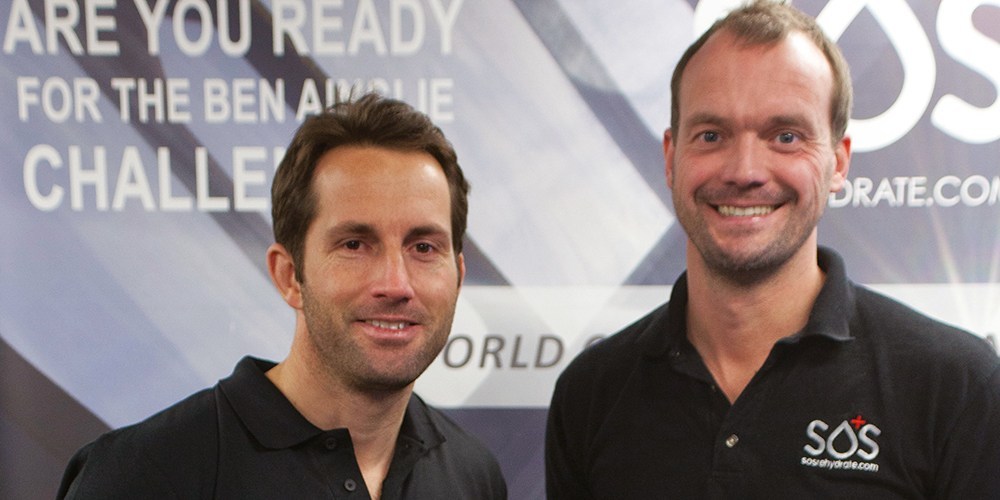
All things digital might rule the roost in the Bay Area, but that doesn’t mean there are no opportunities for non-tech ventures. Just ask James Mayo, founder of sports drink enterprise SoS (above right with Sir Ben Ainslie). “I originally came out to San Francisco to set up a branch of recruitment firm Michael Page, but while here the entrepreneurial bug got hold of me,” says Mayo, a former UK mile champion who came up with the idea of an advanced hydration drink along with his brother – a Commonwealth Games 1500m finalist – and his wife, a doctor. “San Francisco has a superb network for entrepreneurial ventures,” he adds. “Support from British-American Business LEAP, UKTI and the British Council was tremendous and helped get SoS off the ground. Fundraising is plentiful and investors have a good risk appetite.”
He does have some misgivings though. “A lot of first-time meetings seem to go great, the person seems to like you and are positive, but then they go silent. People don’t like giving rejection so would rather ignore you.” Lack of finance credit as a foreigner is another struggle, says Mayo (“I suggest [small start-ups] get an American Express card in the UK and then transfer to a US one, then start building up credit”) but describes the overall process of setting up as “super rewarding”.
“Do bear in mind the US is huge and, depending on your product, focus on one region at a time,” he says. “San Francisco is great for tech and also has good CPG and biotech, but other cities have better support networks for different industries. It’ll make hiring and fundraising easier if you are in a location that understands your product. Get a good business incubator such as the British American Business Council on board.”
With 100 per cent year-on-year growth since their business idea was conceived five years ago, and Ainslie on board as an ambassador and investor, Mayo and his SoS colleagues are clearly doing something right.
Watch James Mayo talk about SoS Rehydrate
Doing business in San Francisco – read more
Flight review: British airways, Heathrow to San Francisco
San Francisco city guide for business people
San Francisco links
See Cal Henderson discuss Slack
About author

Christian Koch
Alongside his work for Director, Christian has written features for the Evening Standard, The Guardian, Sunday Times Style, The Independent, Q, Cosmopolitan, Stylist, ShortList and Glamour in an eclectic career which has seen him interview everybody from Mariah Carey to Michael Douglas through to Richard Branson with newspaper assignments including reporting on the Japanese tsunami and living with an Italian cult.

